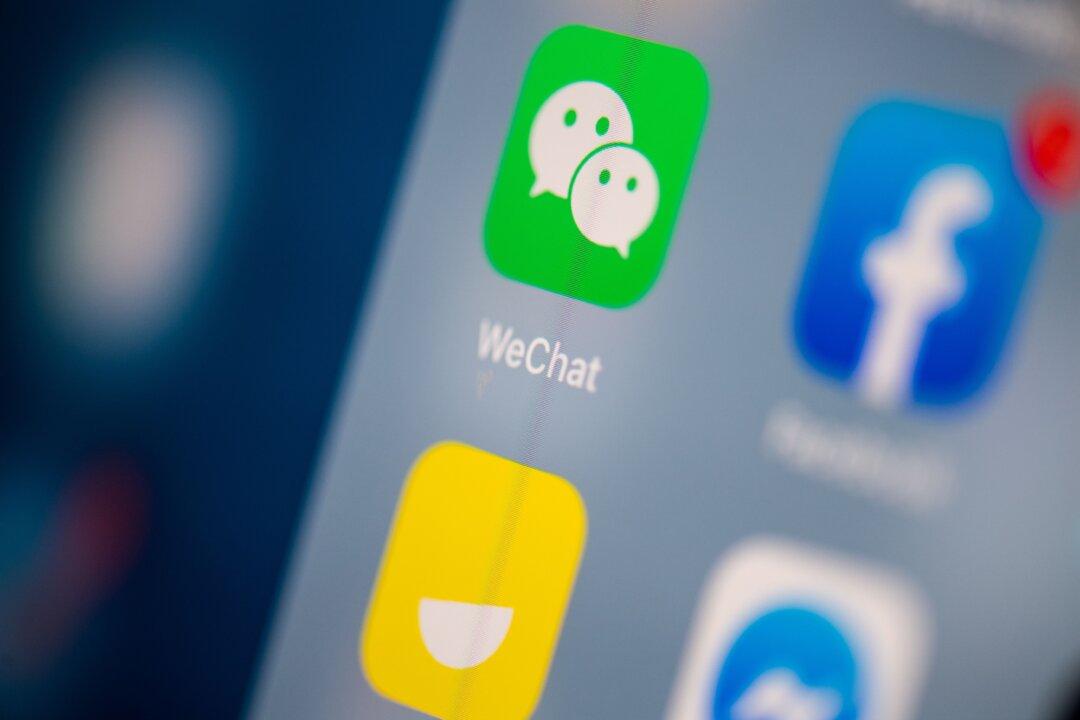Commentary
When I mentioned the Hong Kong protests to some Chinese people who had lived in the United States for many years, they exclaimed, “Why do you support those ‘Hong Kong separatist thugs’?” When I tried to tell them what’s really happening in Hong Kong is a fight against encroaching CCP control, almost all of them came up with information from WeChat to support their ill-informed point of view.
